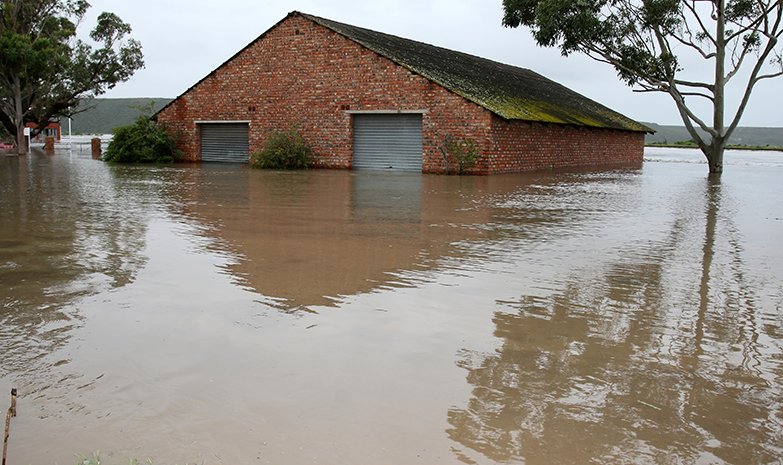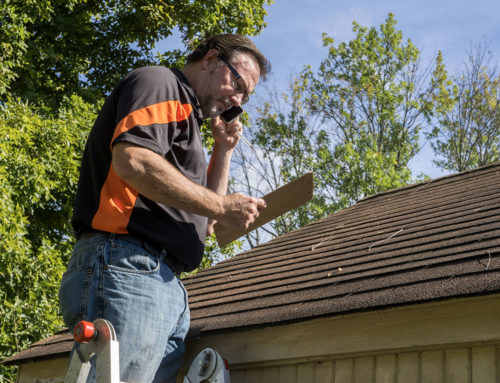
Tips for preparing a home for changes in climate
Changes in climate can wreak havoc on an unprepared home. Help your clients ready their homes for natural disasters — or even just save energy — by offering these simple suggestions from “Tips to Prepare Your Home for Climate Change,” an article published online by The Bloomer Advance, based in Wisconsin.
Tips for dealing with natural disasters
• Get rid of unnecessary debris, branches, dead trees or anything around the house that can be hazardous when winds increase.
• Suggest clients keep supplies on hand to board windows if necessary.
• Immediately shut off the utilities following a disaster to prevent gas leaks and electrical fires.
• Have a home inspector or someone check the foundation of your home if you live in an area prone to earthquakes.
• Every household should have an emergency plan that includes an emergency kit containing a flashlight, first aid supplies, spare keys, cash, a change of clothing, sleeping bag, a three day supply of bottled water and copies of important documents and forms of ID.
• Keep gutters clean so they can direct rainwater away from the home’s foundation and basement.
• Electrical components such as sockets, wiring and circuits, should be placed above anticipated flood levels to prevent damage to the electrical system and potential short circuit fires.
• In the event your client’s property suffers damage, suggest they consider hiring a contractor who specializes in disaster recovery to help streamline the claims process, which can sometimes be quite complex.
Tips for saving energy
• Thermostats account for almost half of a home’s energy bill, according to the article. Install a programmable thermostat to help optimize heating and cooling.
• Change air filters frequently.
• Reduce air leaks and stop drafts with sealant, weather stripping and insulation.
• Make sure your ductwork is properly sealed.
• Maintain your heating and cooling equipment through annual inspections by a licensed contractor.
In addition to these steps, theBloomer Advance article suggested homeowners have a home inspection done every five to 10 years.
“Home inspections are not just for people buying and selling homes,” Dan Steward, president of Pillar To Post Home Inspectors, a franchised company, said in the article. “Periodic inspections ensure everything is operating efficiently and there are no major structural weaknesses.”




